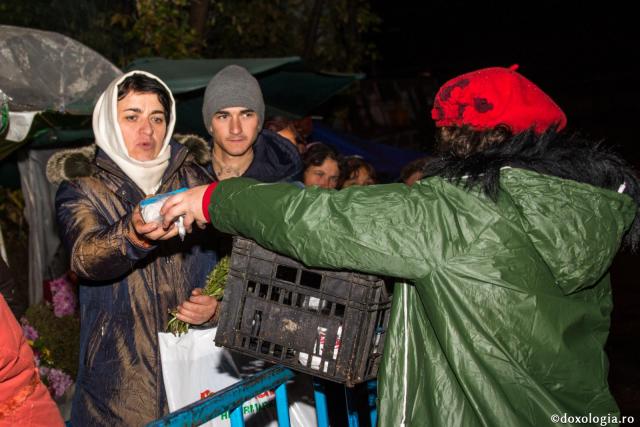Why are Some Good Deeds Useless?
When people restrain themselves from food but are gossiping and envy someone, it is considered a sin. What is the use of the bodily fasting if we ignore the spiritual fasting? What is the use of helping others if we amass fortune by stealing? What is the use of good deeds if we are proud? We are mixing good deeds with vainglory. The devil wins again. Even if we make good deeds, it is useless, because we are mixing them with evil.
The second stage of sin is when someone does good deeds but with evil intentions.
Saint John Damascene said “Good is not considered good, when it does not good”.
Let me give you an example: When people restrain themselves from food but are gossiping and envy someone, it is considered a sin. What is the use of the bodily fasting if we ignore the spiritual fasting? What is the use of helping others if we amass fortune by stealing? What is the use of good deeds if we are proud? We are mixing good deeds with vainglory. The devil wins again. Even if we make good deeds, it is useless, because we are mixing them with evil.
Or when someone does a good deed but with evil intentions. If the intentions are evil, our deed is also evil. If our intentions are good, our deeds are good.
Similarly, when a person makes a good deed, prays of fasts so that he may be praised by people, his acts are far from God’s glory and oriented towards the world. His acts are dead and have no soul. Good deeds have body and soul. The body of a good deed is its act and the soul is represented by its good intentions.
The second stage of sin is also considered to be the deeds that lack good intentions - when a person does a good deed, but not completely and with reserves. All good deeds need to be meaningful, to have substance. When a good deed is done partially, then we are in the second stage of sin.
For example, when people pray to God, but not with their mind and heart, but only with their lips, thinking about worldly problems. They think about transactions, about what they need to do next, when they try to remember if they fed the animals. Those people are in the second stage of the sin.
(Translation from Arhimandritul Cleopa Ilie, Ne vorbește Părintele Cleopa, volumul VI, ediția a II-a, Editura Mănăstirea Sihăstria, Vânători-Neamț, 2004, pp. 36-3)





